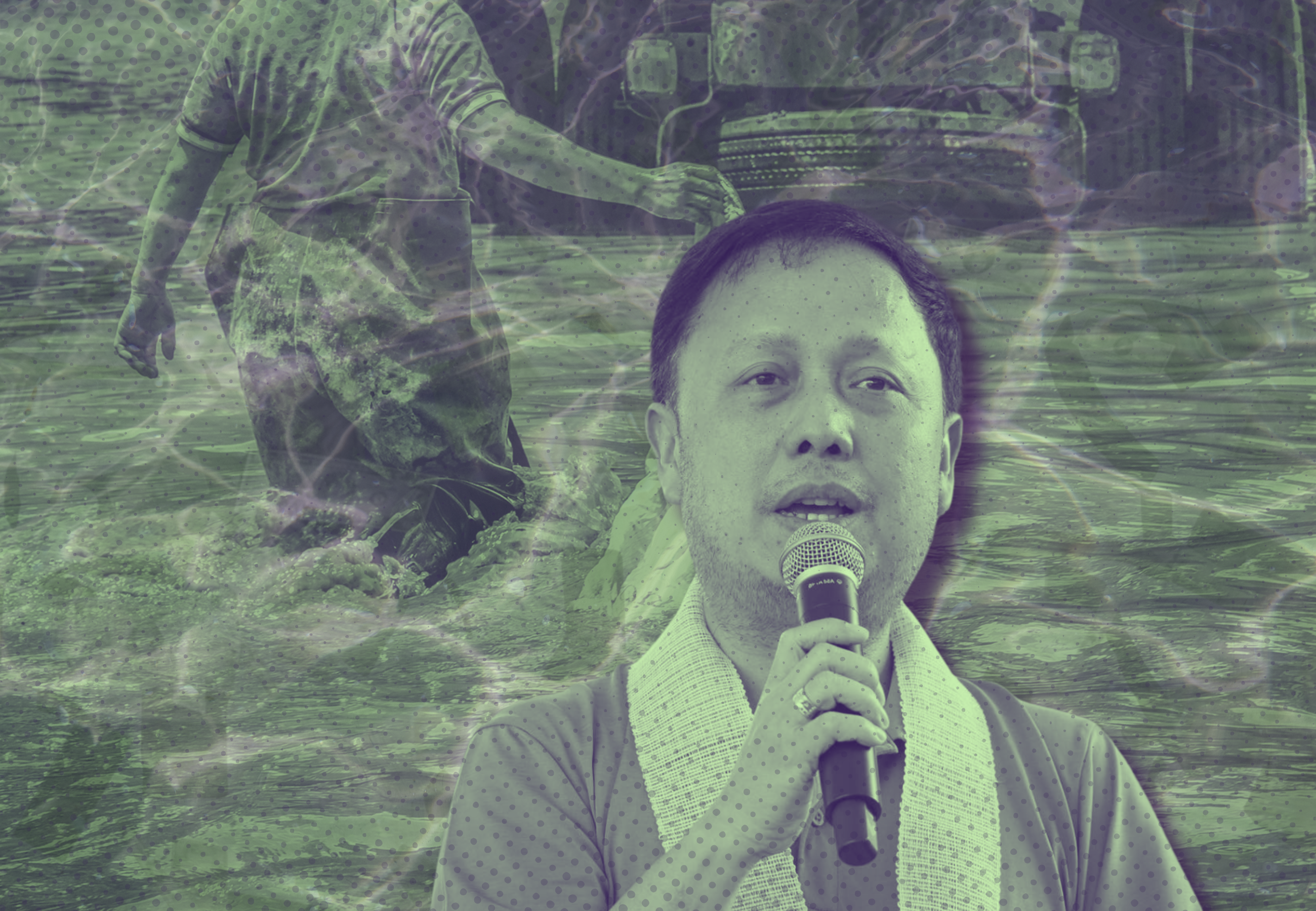Media on Zaldy Co: Exposing the power behind the flood-control scandal

CHEERS TO Rappler, Philstar.com, and Inquirer.net for their sustained and detailed coverage of Elizaldy “Zaldy” Co – businessman, party-list congressman, and a central figure in the corruption scandal surrounding flood-control projects. These outlets went beyond reporting official statements or legal updates. Through continuing investigations, their coverage exposed Co’s use of his power as a public official to benefit his business in the public works industry.
Persistent and tenacious coverage by the three news organizations showed the long chain of events, from the discovery of anomalous project awards to full-scale investigations, public hearings, subpoenas, leading to Co’s resignation from Congress. It demonstrated the power of multi-platform journalism to reach out to a dispersed public, empowering citizens with information with which to hold powerful actors to account.
The reports on the flood-control scandal detailed the convergence of forces in the country’s political economy. Co, former representative of the Ako Bicol Party‑List, is a businessman who, through his family-linked firms Sunwest Group of Companies and Hi‑Tone Construction & Development Corporation, secured large-scale government contracts.
Key developments highlighted
Rather than merely following the timeline of the scandal, these newsrooms unpacked how Co used political power to advance business interests.
As early as April 2025, Rappler traced the network of companies under Co’s family-linked Sunwest Group and Hi-Tone Construction that cornered billions in public contracts. Its documentary identified how he used his influence in Congress to gain government projects for his companies to operate. Rappler’s reporting on Co also included investigations into labor and management issues at the Misibis Bay Resort, owned by his family, further expanding scrutiny of his business network. Rappler likewise noted Co’s departure from the country and compared it to the flight of former lawmaker Arnie Teves, highlighting similar attempts to evade accountability.
Inquirer.net called public attention to Co’s silence and evasion of arrest amid mounting evidence. Its reports framed Co not just as a contractor but as a lawmaker whose public position had shielded his private empire — until the exposure of these links.
Philstar.com, for its part, tackled the barriers to accountability, showing how the practice of interparliamentary courtesy and other political shields allowed figures like Co to evade scrutiny. Its explainer showed how these institutional loopholes provided public officials with an entrenched system to protect them.
What comes after Co
Together, the three news organizations presented a coherent portrait of power: the nexus of business, politics, and privilege that Co represents.
Persistence and dedicated follow-through set apart the coverage of the three news organizations. Their focused attention allowed comprehensive reporting that tracked Co’s legislative influence, corporate operations, and overseas assets, giving the public both a broad and in-depth understanding of the corruption.
But the story does not end with Co: senators and other lawmakers with the same masks of protection and privilege are next in line for scrutiny, and media vigilance will be crucial in holding them accountable.
Leave a Reply